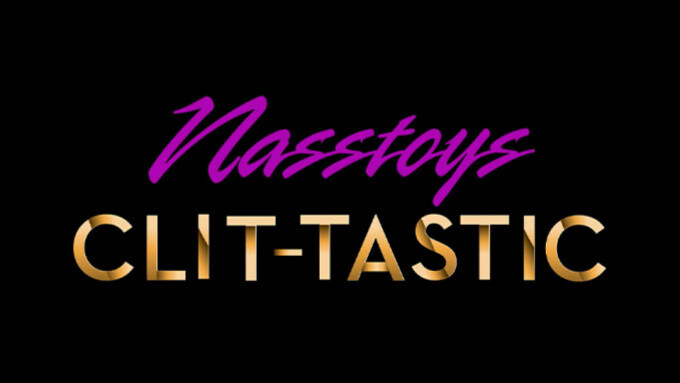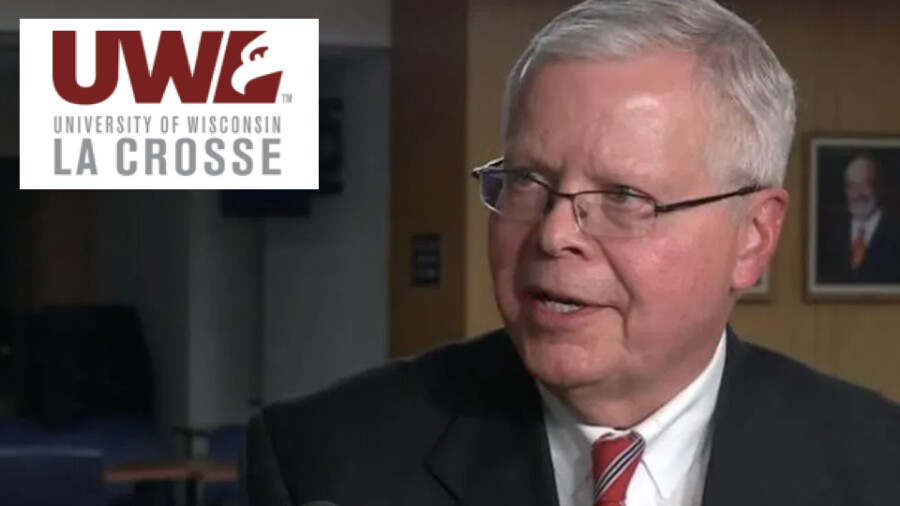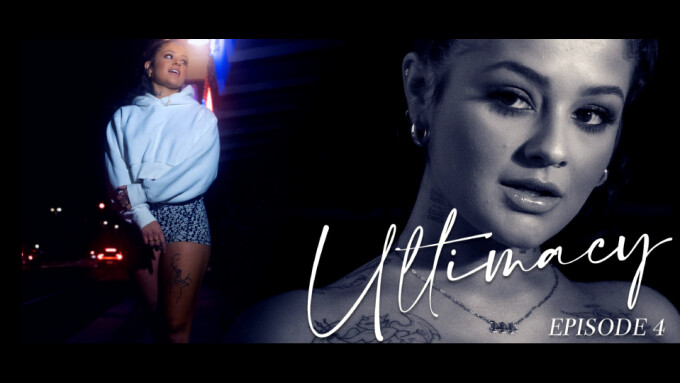LOS ANGELES — Wicked Sensual Care has tapped Joan Price as the inaugural ambassador for its Simply Timeless line.
The sexpert and author “will be bringing her wealth of knowledge and experience to Wicked Sensual Care’s platform, promoting the message of intimacy and pleasure at every age,” a rep said. “Her collaboration with Wicked Sensual Care will include sharing valuable insights and information about timeless intimacy on WickedSensualCare.com and through their social media channels. As an award-winning author featured in The New York Times Magazine, and co-creator of ‘Jessica Drake’s Guide to Wicked Sex: Senior Sex,’ her expertise is a valuable addition to the brand.”
Price has been a vocal advocate for senior sexuality, educating individuals aged 50 to over 80 on sexual health and pleasure for more than two decades.
Her commitment to this cause, the rep said, “aligns seamlessly with the ethos of Simply Timeless, a product line dedicated to enhancing the sexual wellness of older adults.”
Price said, “I’m honored to be the first brand ambassador for Simply Timeless, a brand I personally enjoy, trust and recommend. Older vulva owners are often startled and dismayed when they find their bodies no longer lubricate enough for sexual comfort and enjoyment. There are so many confusing choices out there. How reassuring to know that Simply Timeless has a complete line that takes care of their needs, contains only beneficial ingredients and brings back the joy of friction.”
Wicked Sensual Care Brand Strategist Jessica Drake enthused, “Joan’s passion and expertise in senior sexuality are unparalleled. Her joining forces with Simply Timeless not only signifies our commitment to inclusivity in sexual wellness but also reinforces our belief that pleasure is timeless. We’re eager to see her influence in making intimacy accessible and enjoyable for all ages.”
For more information, visit JoanPrice.com and WickedSensualCare.com.










